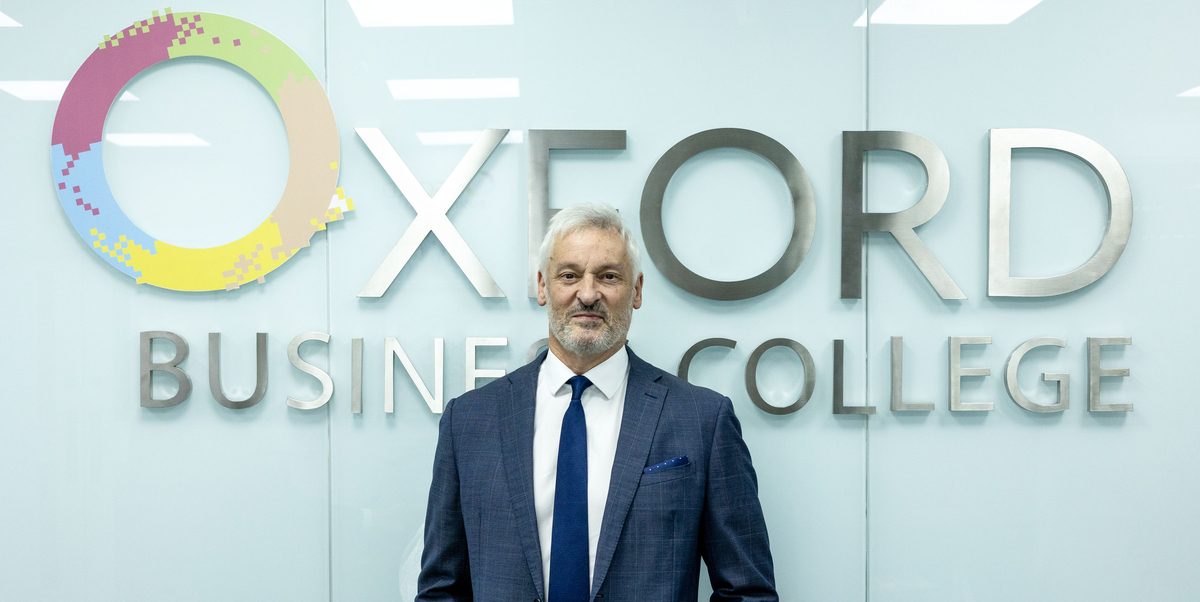Employer ownership: the future of skills?

The FE sector has been inundated with reports lately, and a common theme that has emerged is how employers must take more ownership of skills. Most notably, this has been seen through the Government’s response to the Richard Review and last week’s Whitehead review. This is very encouraging: I’ve long said that connecting education and employment is the best way to get more young people into work.
The proposal for apprenticeship reforms for example, will give employers scope to shape how apprenticeships meet the needs of their industries. Indeed, employers will be involved in the Trailblazer pilots. Likewise, when it comes to the Whitehead Review and deciding how adult vocational qualifications will be reformed, employers need to speak up and share their specific industry requirements.
And employer participation will be the hallmark of Lord Baker’s Career Colleges, which I believe are a significant step forward for the FE sector. Through these, employers will also be helping to develop softer skills amongst young people.
For example, an important component of these colleges will be a focus on preparing young people for the real world – running work experience programmes and getting students to attend college for a full day, often in business dress. An understanding of the workplace is something that employers tell me is often lacking in young people. Until now it has not been given enough focus in either traditional academic or vocational education pathways.
It’s clear that employers want to play a greater part in students’ lives. In our recent ‘Making Education Work’ research, I was pleased to find that more than half of employers surveyed said that they want more involvement in developing qualifications. They are keen to make sure young people acquire the skills they need for their businesses, but they don’t know how to get closer to education.
The one thing we mustn’t forget, however, is the vital role of educators. Employers certainly know the skills they need and want for their businesses. But how skills and knowledge are best developed and robustly assessed is the role of experienced vocational educators.
It’s clear that the way to tackle unemployment is to develop more solid relationships between the employers that are looking for skills, and the colleges that are teaching them. This is at the very heart of our new 14-19 TechBac® curriculum, which will be delivered through institutions like Career Colleges, UTCs, and studio schools. Through working with partners, we aim to provide colleges with easy access to employers. As a result, more students will be able to secure work experience – something we know employers value.
Youth unemployment is still hovering around a million, and it’s everyone’s responsibility to make sure they have the best possible chance of finding fulfilling careers. At the launch of Career Colleges, Matthew Hancock said he wanted colleges to be ‘social enterprises instead of delivery arms of the state.’ That vision can only happen if students are taught in-demand skills, and if businesses and colleges work together to create opportunities for our young people.
I would like to take this opportunity to announce that City & Guilds has appointed Kirstie Donnelly MBE as its UK Managing Director. As such, this will be my last column for FE News and she will be taking over. Kirstie brings a wealth of knowledge and experience to her new role. Many of you will know her from learndirect, or will be aware of her innovative work at City & Guilds around learning technologies. She will undoubtedly give great insight into the pressing topics of our sector. It’s been a pleasure to write these columns, and I leave you in her very capable hands.
Chris Jones is chief executive and director general of City & Guilds, the awarding body











Responses